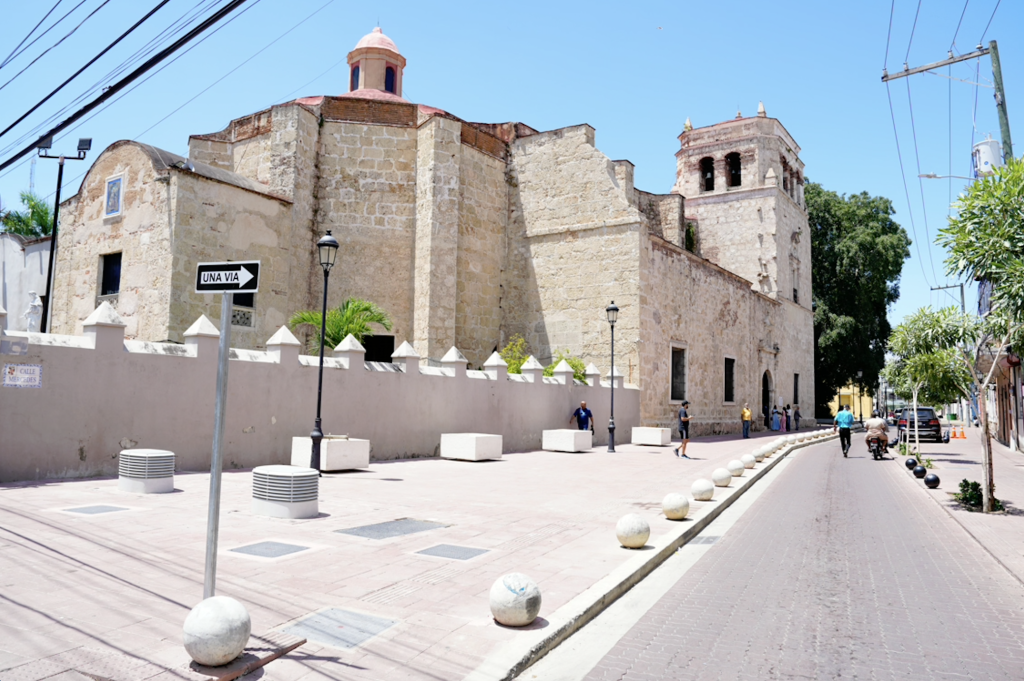
The Colonial City of Santo Domingo, a UNESCO World Heritage site, has become the first Dominican destination to join the Smart Destinations Network (DTI), a global initiative led by Spain’s Ministry of Tourism through the public company SEGITTUR.
The Smart Destinations Network is a Spanish governmental initiative whereby these destinations leverage innovation, technology, sustainability, and accessibility to improve the tourist experience and enhance local development. The network facilitates the exchange of knowledge, best practices, and resources, fostering a collaborative environment for destinations to adopt this new tourism management model and achieve their sustainability goals.
The historic district was officially recognized as a “Joined Smart Destination” for 2025-2027, receiving a certificate and a logo to display throughout the area. This designation marks the first step in a strategic plan to transform the area into a full-fledged Smart Tourist Destination. The certification comes with a detailed diagnostic report, which will serve as the roadmap for future development.
As reported in the Mitur press release, the government tourism and municipal authorities now have a clear action plan to boost the destination’s competitiveness and sustainability. The project aims to create a transformative, “smart” management model focused on innovation, technology, and improved governance.
This two-year accreditation confirms that the Colonial City has begun implementing the DTI model, built on five core pillars: governance, sustainability, accessibility, innovation, and technology.
The DTI program evaluates destinations based on 97 requirements and 261 indicators. The Colonial City successfully met 28.9% of these criteria, with sustainability showing the strongest performance at 41.7%. The governance pillar followed at 29.8%, with innovation at 23% and technology at 19.9%. Accessibility was identified as the area with the most room for improvement, meeting only 14.1% of the requirements.
This project was made possible through a collaboration with the German Agency for Technical Cooperation (GIZ), which provided funding via its Regional Fund for Triangular Cooperation. The partnership was the result of an international cooperation agreement arranged by the Ministry of Tourism.
A Smart Tourist Destination is defined as an innovative area with state-of-the-art technological infrastructure. Its goal is to ensure the sustainable development of the territory, make it accessible to everyone, and enhance the visitor experience while improving the quality of life for residents.
Read more in Spanish:
Ministry of Tourism
Destinos Inteligentes
16 September 2025

